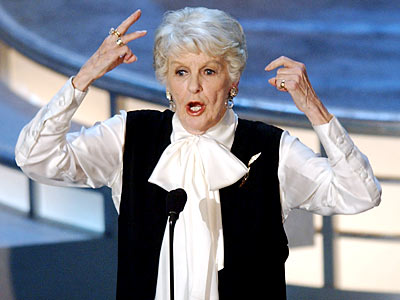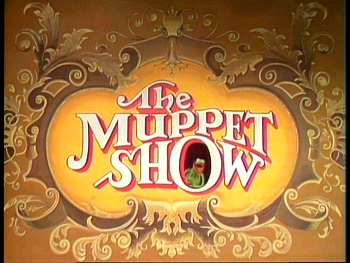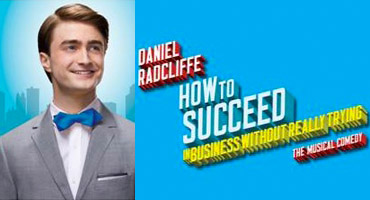The Beacon Theatre on 74th Street and Broadway has been selected for this season’s Tony Awards ceremony. Originally it was said the Apollo Theatre was being considered, but it turned out to be one of several venues under consideration.The New York Times Arts Beat tweeted “The Bad News: It’s Small. The Good News: It’s Actually on Broadway.”
I have wished that the Tonys would return to an actual Broadway house for years. There is an argument that Broadway shows couldn’t accommodate the television event, but for over thirty years they were. How often does a televiewer get to see the inside of a Broadway theater on television? The use of Radio City Music Hall allows the American Theatre Wing and Broadway League to make more money from ticket sales, but as I’ve said before, it loses intimacy and becomes another bloated event that becomes more and more joyless each year. Performances are shorter, celebrities with little to no affiliation with Broadway are given front seats in order to draw ratings. (CBS, let’s face it, the Tonys will never be a ratings winner). I know that Radio City is a landmark, but I’d rather go see How the West Was Won than any live stage show there. The effect comes across on television. If you compare Tony telecasts from the past, there is an immediacy in earlier years that comes as close as possible to putting the show in viewers’ living rooms. But this is least it’s a step in the right direction. The Beacon Theatre is half the size of the Music Hall and should translate better on television. But I have to beg: next year in a Broadway house! (Or see if we can get the Times Square Church out of the glorious Mark Hellinger).
I’m currently reading Budd Schulberg’s What Makes Sammy Run?, a scathing look at studio era Hollywood with its infamous main character Sammy Glick. Starting out as a copy boy in a NY newspaper, Glick steals, cheats and writes his way into Hollywood power without any talent – except for self-promotion. The film made Schulberg something of a pariah in Hollywood – his own film executive father told him he’d never work in the town again (though he would later win an Oscar for the screenplay of On the Waterfront). Executives were enraged. Insiders were enraged. But the book was a phenomenon, one that continues to be read and studied. Bette Davis later told Dick Cavett that it was the most accurate depiction of Hollywood life she’d ever seen.
A film version was never made, but it has been seen on TV and on Broadway as a musical. The original cast album of What Makes Sammy Run? was just issued by Sony’s Masterworks Broadway in its stereo debut. An overpriced mono CD had been available from star Steve Lawrence‘s personal label (along with his ’68 flop Golden Rainbow). Sony brings the score back to the forefront at a cheaper cost. I’ve yet to get the CD, but it’s on my to-do list. Plans for a film version surface every few years, but it has never come to fruition.
A few days ago, I mentioned that Auntie Mame was getting a DVD reissue. Warner Bros. first released the Oscar nominated classic in 2002 but I have held back on getting it until now. It’s a bizarre OCD quirk of mine, but I really hate the “snap cases” in which DVDs made their premiere in 1997. It’s a minor idiosyncrisy of mine, I know, but since WB has been reissuing these films in the preferable keep case format, I’ve held out on many titles for years. There was a double issue of Auntie Mame and The Shop Around the Corner in 2008, but that was quickly deleted from the catalog. I cannot wait to pop it; if you haven’t seen the film you must as soon as possible. See Lucy in Mame only if you’re having a drinking party (for the record, I’ve not bought that disaster either).
Today is Veterans Day.Yesterday was the United States Marine Corps’ 235th birthday. As the son of a Marine, I want to wish all members of the USMC a Happy belated Birthday! (It was also my parents’ 37th anniversary. Much to my amusement, they chose to celebrate the Corps’ birthday). But to all veterans, I wish you well and thank you for your service. If you are overseas in an area of combat, I hope you get to come home soon. For those of you returning from Iraq, Afghanistan – anywhere, really, welcome home. Not just today, but every day, the federal government should be doing more for our troops coming home. Some need rehabilitation, life-long medical care, help finding jobs or coping with PTSD, etc. After all they’ve done for us, we should do something in return – and it shouldn’t be a partisan issue or cause for debate. We should do everything we can to help these men and women.



